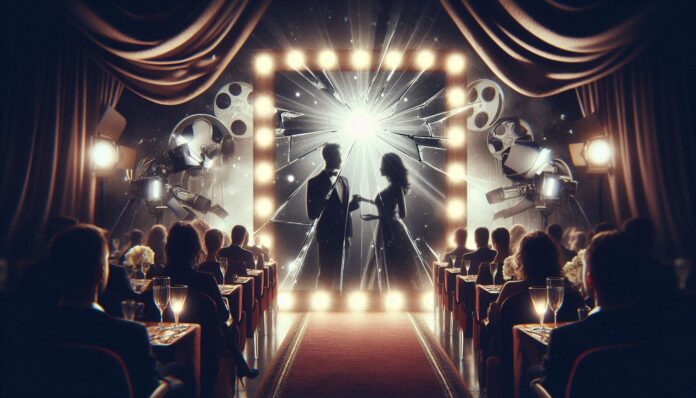Hollywood still loves a villain; it’s just become far more selective, even imaginative, about who qualifies. The murderer, the cheat, the deserter, the home-wrecker, these can all be recast as sympathetic, even noble, provided the story is told just so. Meanwhile, the dull-but-faithful husband, the strict parent, the religious neighbor, the one who keeps his vows and pays the bills, he is now suspect. He is the obstacle to freedom. He is what must be overcome.
Nowhere is this moral inversion more grotesquely visible than in the way modern films treat adultery. It is no longer a tragic failure of character, but a rite of passage, an act of liberation, even heroism. The adulterer is the one who’s finally being honest, finally listening to their heart, finally escaping the prison of bourgeois obligation. And the spouse left behind? At best, they’re collateral damage. At worst, they’re the reason we cheer the betrayal.
The pattern is as predictable as it is perverse: the cheating character is granted immediate absolution through narrative manipulation. The betrayed spouse is emotionally unavailable, or too logical, or too devoted to work, anything to make their partner’s infidelity feel earned. It’s not enough for the cheater to be forgiven; they, and the cheating itself, must be celebrated. The audience must not merely accept their actions, but applaud them, and feel validated by them.
This isn’t storytelling. It’s therapy masquerading as art. And the goal is not to explore human frailty, but to recode it. Not to dramatize moral failure, but to erase it.
The real target here is not marriage itself, but the very idea of commitment, of promises that bind, of love that is more than just serotonin and moonlight, and of actually growing up. Hollywood, like much of the culture it both shapes and exploits, wants love without sacrifice, desire without consequence, freedom without duty. And since reality won’t cooperate, it makes films that lie—and so beautifully, seductively, and with commercial success.
But adultery, in the real world, does not unfold to the sound of French ballads and soft lighting. It is ugly. It is cowardly. It shatters trust, traumatizes children (despite what films like Mrs. Doubtfire and Bye Bye Love suggest), destabilizes families, and hollows out the very soul of intimacy. It is not the triumph of feeling; it is the failure of honor. And it does not lead to freedom. It leads to wreckage.
What Hollywood offers, then, is not just 90 minutes of plausible deniability, it is 90 minutes of full-throated validation. Even for those who haven’t cheated, it offers the fantasy. The emotional affair. The secret thrill. The indulgence of wondering “what if,” without the guilt that would accompany such thoughts in a culture with any moral spine.
The audience, of course, is not an innocent party in this charade. The market demands the product. People don’t flock to these films to be convicted; they go to be indulged. They want to see their own restlessness reflected back at them, baptized in cinematic grace. They don’t want redemption. They want validation.
This is the deeper rot. A culture that not only sins, but venerates its sin as virtue. That not only betrays, but brags. That not only abandons, but applauds itself for the courage it took to walk away. Repentance has no box office. Self-justification, on the other hand, is a billion-dollar genre.
So we come out of the theater, not challenged, not humbled, but coddled. And we tell ourselves that what we saw was art. But it wasn’t art. It was anesthesia.
And the soul, like the family, cannot survive too much of that.
You may also be interested in:












